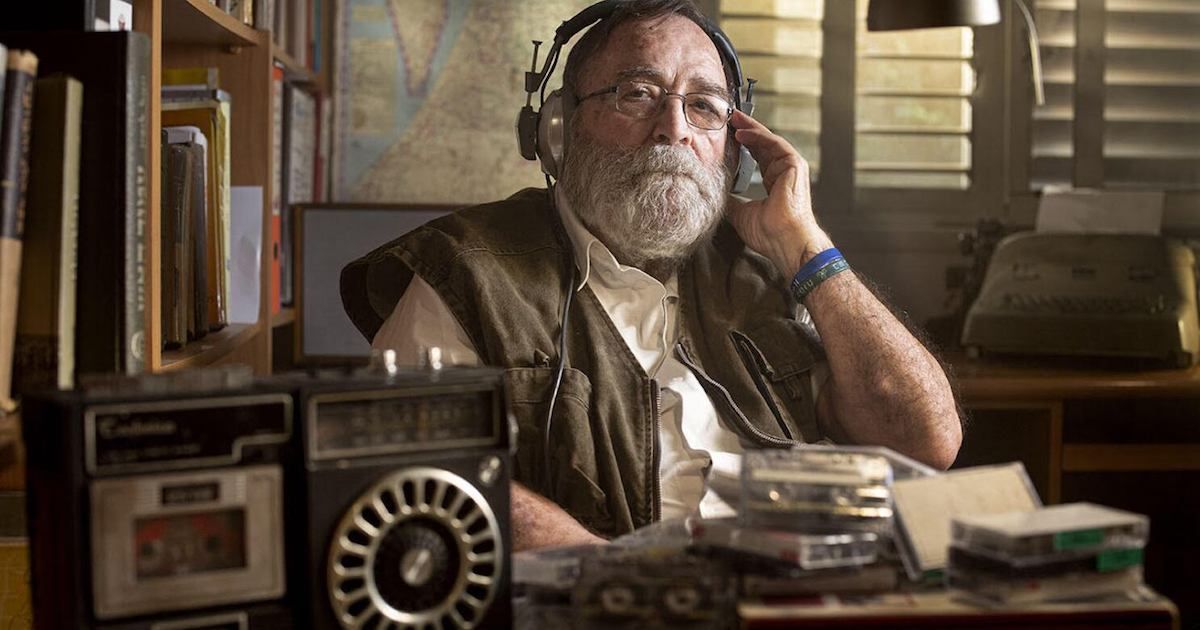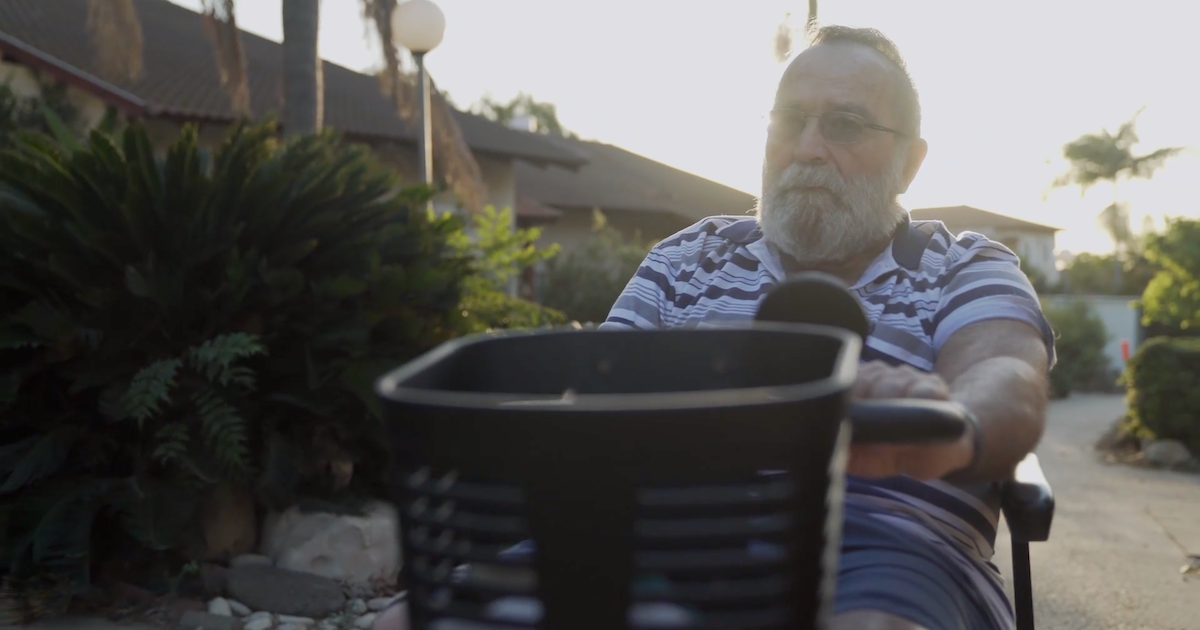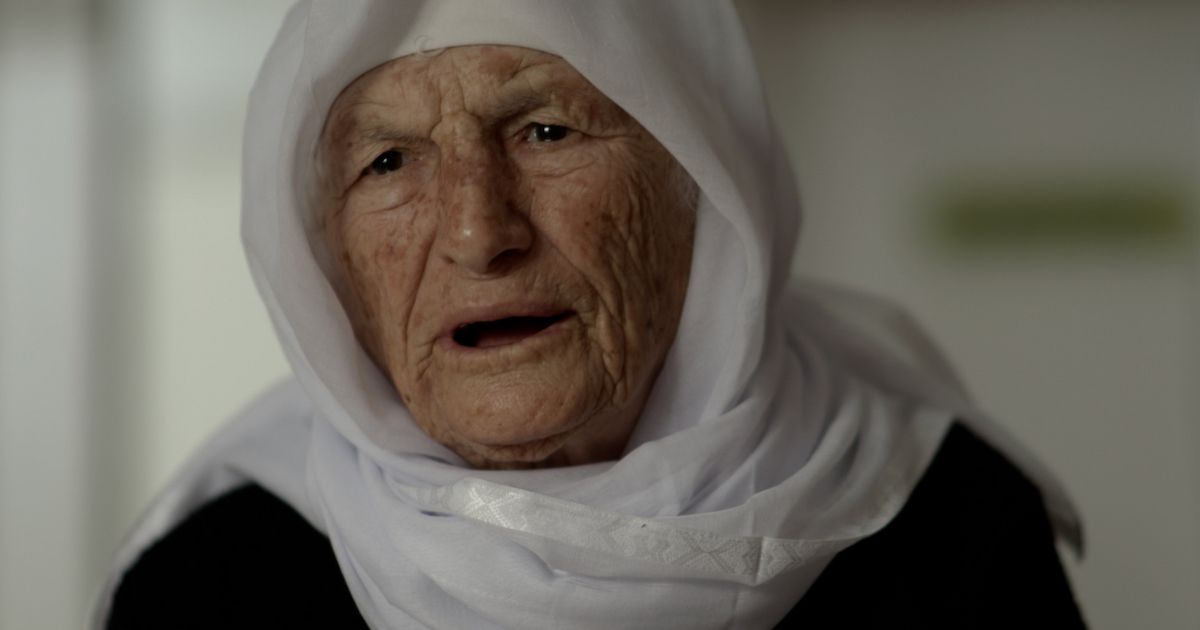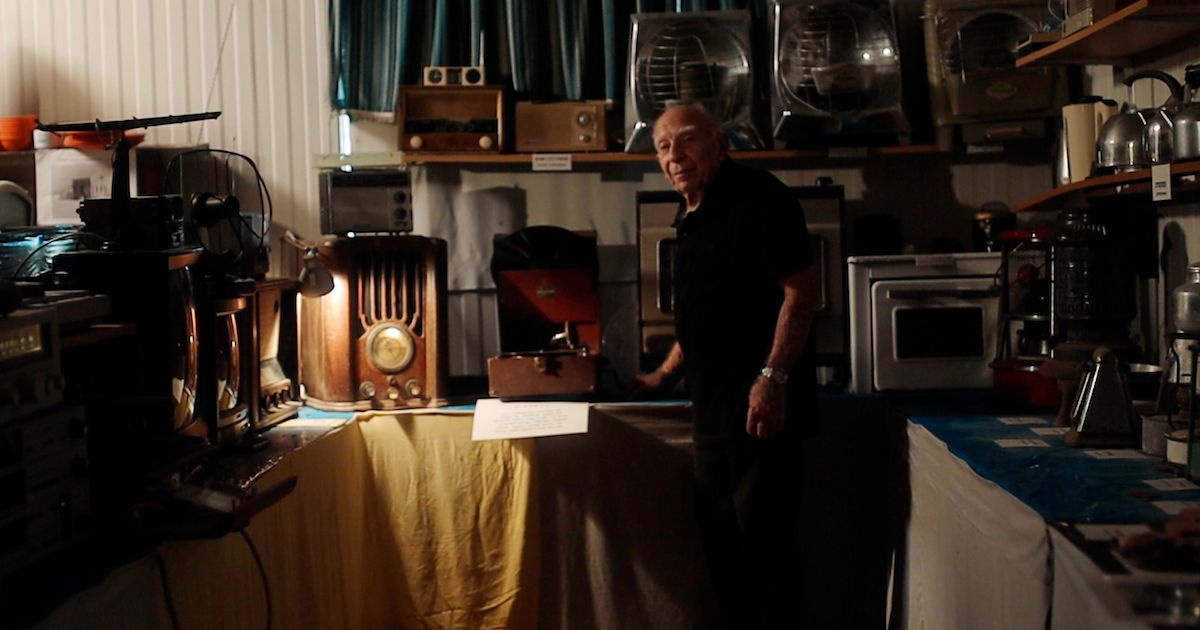Most of the time, films cover topics in the news, with the news covering films (outside of reviews) being a rare occasion. Tantura, the new Israeli documentary from director Alon Schwarz, is a unique example of when the movie generates headlines that outshine itself.
After its Sundance premiere in January, numerous sources reported on the shocking revelations contained within the film about a massacre in the village of Tantura by Israeli forces during what Palestinians called the Nakba. The story became exponentially bigger than the documentary itself, with some articles not even mentioning the film.
Despite all the press surrounding it, Tantura has struggled to find wide distribution, with limited screenings occurring at festivals throughout the year and in New York City and Los Angeles. Thankfully, it premiered online on Vimeo, but the film deserves to get the same treatment as any of the other best documentaries of 2022. Tantura's historical importance makes its availability essential, but it also deserves to be seen as a powerful film that explores who decides what stories get to be told.
Tantura Tells the Story of Teddy Katz
At the core of Tantura is the story of Teddy Katz. Ilan Pappé, an Israeli historian who appears in Tantura as an interview subject, wrote an in-depth article about Katz when the film premiered. According to Pappé, Katz's college thesis, which received "an exceptionally high grade... revealed... that in May 1948, the Israeli army perpetrated a massacre in the village of Tantura." Katz recorded around "60 hours of interviews about Tantura" while researching his thesis, many of which can be heard in the documentary.
Despite the quality of his work, Katz was sued for libel, pressured into writing a "confession of willful fabrication of the truth about Tantura", and became a pariah within his community, the media, and the academic world. All the stress from these events caused him to suffer two strokes, so, unfortunately, he is now confined to a wheelchair.
However, Tantura offers some form of vindication for Katz as some of the perpetrators confess to their crimes within the film. Additionally, the director says, "[w]ith the help of cutting-edge technology... was able to uncover the mass graves" that are now under a beachside parking lot. While these discoveries probably provide little consolation after a lifetime of suffering, hopefully, it is better than nothing.
Tantura Uncovers a Coverup
In a recent article from The Intercept, director Schwarz says that "[q]uestioning the events surrounding 1948 was always 'taboo,' [s]o after his first film about a Holocaust survivor was widely celebrated in Israel... he set out to tell another story, that of the horrors that young men and women carried out in order to build an Israeli state where Palestinians once lived." While the events of the Nakba were suppressed in Israeli society due to government and cultural repression and censorship, Palestinians never forgot. Tantura brings their story to people who might not have observed it otherwise.
In one of the film's most memorable moments, a Palestinian woman who witnessed the events that took place at Tantura in 1948 as a child says, "I remember everything that happened in Tantura. I haven’t forgotten a thing.” Schwarz echoes this sentiment, saying, “[t]he Palestinians know the story. They’ve been talking about it, and the world has heard from them, but the world believes the Israeli side a lot of the times, and Israelis do not admit to this story." While these atrocities can never be undone, Schwarz hopes that, if nothing else, that there is an official "recognition of what Israelis did to Palestinians."
Tantura Asks Who Gets to Write History
While Tantura is primarily about events that occurred in Israel, it quickly brings to mind other similar, tragic events. Countless devastating atrocities exist outside the public consciousness, either due to intentional coverups or the perpetrators still being in power.
Tantura has often been compared to Joshua Oppenheimer's modern masterpiece, The Act of Killing, which depicts how the events of the Indonesian genocide have become so normalized in the country that mass murders are considered national heroes today. Both documentaries show how difficult engaging with horrible pasts can be, but also how essential it is to undertake. "Those who forget their history are condemned to repeat it" might be a truism, but questioning the historical record is the first step to righting past wrongs and avoiding future harm.
The aforementioned article from The Intercept mentions a scene in the film in which "[Teddy] Katz...asks [Alon] Schwarz whether he is ready to be 'hunted down like [he] was.'" In what appears to be a bit of unintentional foreshadowing, Tantura has faced many of the same difficulties as Katz's thesis.
While Schwarz admits the movie is "not a crowd-pleaser," hopefully, now that the movie is online, more people will watch it, and it might even get a wider theatrical release. Tantura is a rare film, a remarkable piece of art that demands to be seen.




